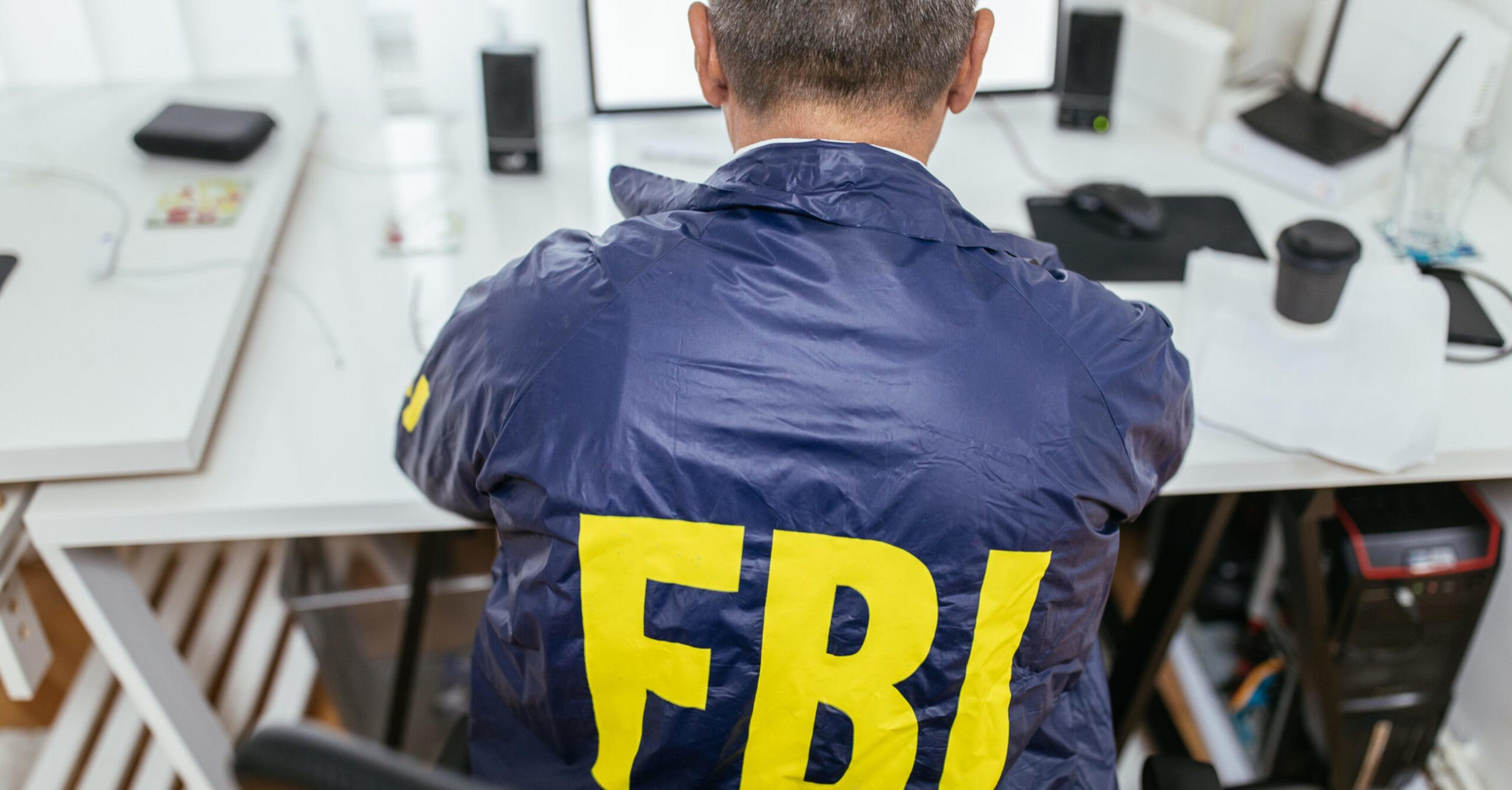San Francisco police have been secretly working with the FBI to go after drug dealers and gangs, reviving old worries about such agreements running roughshod over local laws meant to limit government spying.
The Standard obtained a copy of the March 2022 memorandum of understanding (MOU) in which Chief Bill Scott agreed to have SFPD join the FBI’s San Francisco Violent Gang Safe Streets Task Force, which targets organized drug traffickers, gangs and violent criminals.
But Scott did not notify the San Francisco Police Commission, even though local law appears to require SFPD to get the oversight panel’s approval for MOUs involving local law enforcement.
“They’re supposed to notify the police commission,” former police commissioner Bill Hing said. “I have very deep concerns because the commission is supposed to know what the police department is working on.”
Local and national law enforcement often work together, but an MOU like the one Chief Scott signed last spring deputizes his officers into federal service by granting security clearance to work under FBI direction.

While the March agreement says SF officers must uphold local laws (opens in new tab), critics note how that pledge was broken under a similar agreement that caused a break between the department and the FBI in 2017.
When he pulled SFPD from the FBI’s Joint Terrorism Task Force on the eve of Donald Trump’s inauguration, Chief Scott said he did so because he didn’t want his officers pressured by divided loyalties if the FBI’s policies under the new president conflicted with local laws cops are sworn to uphold in San Francisco.
The chief’s fears were grounded in recent history.
There was a time in 2014, for example, when an SFPD officer violated city laws by helping an FBI agent question a Google employee (opens in new tab) about a Freedom of Information Act request and a trip he took to Pakistan. While the FBI can investigate without reasonable suspicion, city police cannot because of local laws that aim to protect First Amendment rights.
That conflict came up again with the renewed focus on San Francisco’s sanctuary laws, which limit local law enforcement interaction with federal immigration authorities.
SFPD did not respond to a request for comment, nor did the FBI.

Despite its assurances about respecting local authority, a legal brief (opens in new tab) penned in 2016 by FBI lawyers described how the bureau’s San Francisco branch viewed the city’s civil rights and free speech laws as troublesome. Meanwhile, the task force disbanded in 2017 had local cops do work typically prohibited under SFPD rules.
In 2019, the head of the FBI at the time sent a letter to (opens in new tab) Mayor London Breed that read as a veiled threat to get the city to rejoin the terrorism task force. But the city stood its ground—at least when it came to that particular task force.
That not-too-distant history is why the city’s reunion with the FBI came as something of a surprise to some observers. Even more confusing is why SFPD didn’t bring the latest MOU to the attention of the Police Commission, which oversees the agency.
Police Commissioner Kevin Benedicto only learned about the 2022 FBI deal when The Standard asked him for comment.
“I don’t think I knew about that,” he replied.
Criminal defense attorney Martin Sabelli said that these kinds of joint operations have some built-in issues such as local police violating local and state laws, who are then protected from revelation by federal law enforcement.
In a case he tried involving the Oakland Gang Task Force, which was deputized to work with the FBI, he was unable to get material from the federal prosecutors on past indiscretions by the Oakland police officers involved in the case.
“It’s unfair to bring in a state agency, use them and then claim whatever info which is in their personnel (file) which is exculpatory need not be turned over to defense,” Sabelli said. “The feds often protect bad searches, bad police work.”

The task force is part of a nationwide crackdown on violence, drug dealing and organized crime. That effort includes 175 Safe Streets (opens in new tab) gang task forces—one of which was deployed in San Francisco and named in the city’s March 2022 agreement with the FBI.
“To date we have surged resources to six offices—Buffalo, Milwaukee, Louisville, Memphis, San Juan, and a current deployment in San Francisco,” then-FBI director Christopher Wray (opens in new tab) said in announcing the operations a little over a month after the SFPD signed its agreement with the bureau. “And collectively, these deployments have yielded nearly 150 arrests and the seizure of over 70 firearms from violent criminals. And we’re seeing promising trends.”
